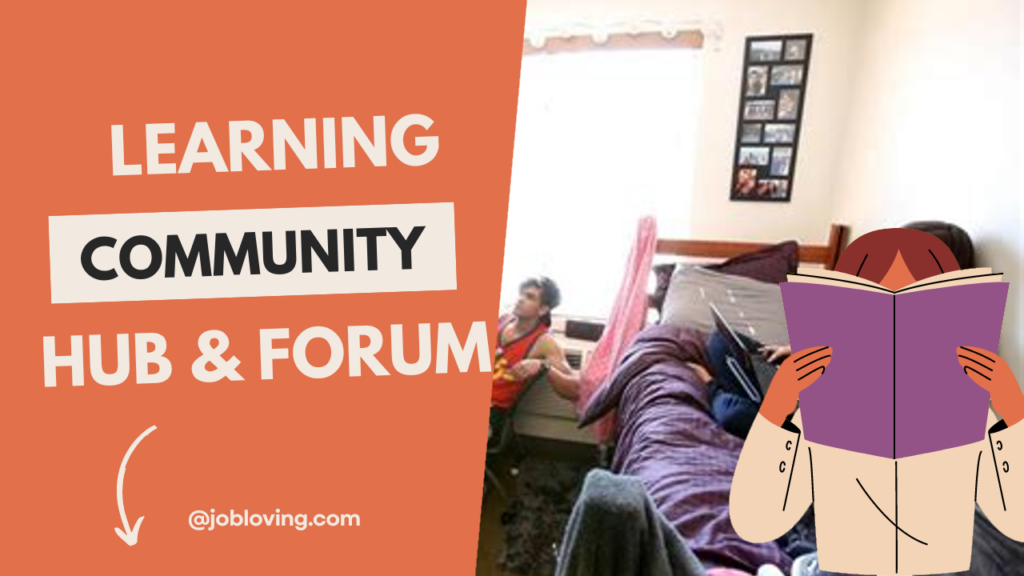Isn’t it fascinating how age and schooling work together? You might be wondering if it’s possible to strut into high school as a 15-year-old freshman, right? Well, let’s break it down a bit!
The Short Answer: Yes, you can be 15 and a freshman!
The ‘normal’ or average age for a student to start their freshman year of high school is usually around 14 or 15 years old, depending on when your birthday is. Most students will typically be 14, but some adventurous souls might turn 15 right before school kicks off, especially if they have a late summer birthday. It’s all part of the beautiful chaos of youth!
Not everyone follows the same timeline, and students may start school at different ages or even skip a grade. Some start kindergarten early, some may hold off depending on their birthday, and others advance a little quicker. That means you can easily walk through those high school gates as a proud 15-year-old freshman, just ready to conquer that locker combination and dodge the social minefield of high school life!
So, whether you’re 14, 15, or somewhere in between, your age doesn’t define your high school experience. Dive in, make friends, and have fun! And remember, if you have any more burning questions about school or life, the JobLoving community is here to provide resources and answers for your journey ahead!
Key takeaways about Can you be 15 and a freshman?
Age Considerations and Enrollment Patterns
- Average age for starting high school freshman year typically ranges from 14 to 15 years old.
- Some students may start as young as 13 or as old as 16 years old.
- Enrollment deadlines can impact when students begin their freshman year in high school.
- Enrollment cutoff dates significantly impact students’ ages when they start high school as freshmen.
- Students born in August may turn 16 during their freshman year due to enrollment cutoffs.
- State-specific cutoff dates determine the youngest age for kindergarten enrollment, affecting freshman ages.
- Starting school year dates can influence the age of students entering high school as freshmen.
- Birth months can create age disparities among students entering high school as freshmen each year.
- Freshmen typically range from 14 to 15 years old, depending on various factors influencing enrollment.
- Freshmen who miss enrollment cutoff dates may have to wait an additional year to start.
Developmental and Social Implications
- Social development considerations are crucial when determining appropriate grade placement for students.
- Transitioning to high school can be smoother for students who align with their developmental stage.
- Age diversity in classrooms can enhance social learning experiences among students of different ages.
- Peer relationships can be influenced by age differences, impacting social dynamics in high school.
- Students’ emotional maturity may not always correspond with their chronological age when starting high school.
- Unique factors, including personal maturity, influence the decision to start high school at 15.
Impact on Academic Readiness
- Academic readiness and school policies can lead to variations in students’ starting ages.
- Schools prioritize academic and social environments over strict adherence to age norms.
- Schools often assess readiness beyond age, focusing on overall developmental appropriateness for students.
- Parents and educators play a vital role in assessing students’ readiness for high school.
- Understanding individual student needs is essential for successful high school placement and adjustment.
Challenges and Opportunities of Starting at 15
- Students starting high school at 15 may face unique challenges or advantages compared to younger peers.
- Grade skipping results in younger freshmen, while retention leads to older students entering high school.
- Most students are 14 years old when starting high school, but some turn 15 beforehand.
- Freshman year can be a pivotal time for both academic and personal growth for students.
- Flexibility in age requirements allows for tailored educational experiences that meet students’ needs.

